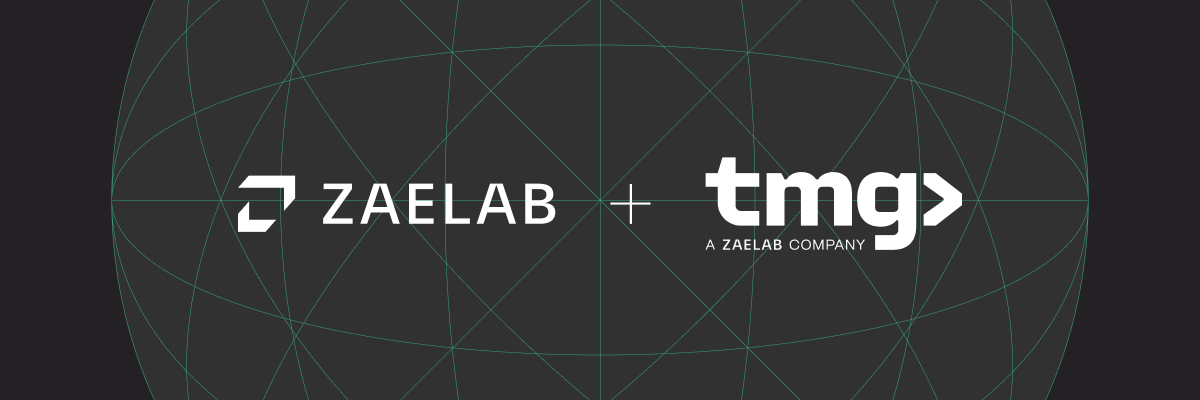Welcome back to our Mastering SAFe® series! This is the 7th and final installment — check out our main insights page to explore the rest of the series or start with part one.
Large and complex implementations require collaboration to plan, develop and launch products to customers. Marketing campaigns need to be prepared, compliance needs scheduled time to review, manufacturing and fulfillment require lead time. Coordinating all entities involved requires commitment to delivery dates.
At the same time, how do enterprises respond when the market changes suddenly or a competitor throws a curve ball into the market?
The Scaled Agile Framework (SAFe®) provides the infrastructure for both.
Planning Outlook
While visions and roadmaps may extend months or even years into the future, teams focus on detailed planning for an 8-12 week Planning Increment (PI). This timeframe is ideal for coordinating committed deliveries, as it avoids both overly large deliveries and excessive advance planning. Agile Release Trains (ARTs) and teams find that this period helps them maintain momentum and focus without being overwhelmed by competing priorities. It enables regular, value-driven deliveries to customers and allows stakeholders to consistently review progress and provide feedback. By working in shorter increments, organizations can also reduce the risks associated with large, complex deliveries.
Incorporating Agility and Adaptation
The case for planning at 8-12 weeks at a time is compelling, but there are times an 8 week lead time isn’t acceptable. What then?
- Iterations: Each Planning increment is broken into Iterations where the team commits to delivering smaller pieces of work. When priorities change due to new requirements or feedback on previous work, the team can pivot to the new priorities.
- Demos: Open invites to demos of working software provide regular opportunity for stakeholders to give feedback alongside the development process. Demos are recommended every Iteration.
- Continuous Feedback: With stakeholders and customers providing regular feedback, teams become accustomed to regularly adapting to meet the needs of customers.
- Backlog Refinement: Refinement of upcoming work items and their priority is an ongoing activity. It ensures the highest priority work is well-defined and prepared for execution, even as priorities change.
The ability to balance well-planned work with the ability to adapt is crucial for any organization’s success, but large or complex implementations require additional infrastructure to make this possible.
TMG is a SAFe® partner because their framework provides both structure and flexibility, the ability to coordinate delivery and remain agile, focus on long-term objectives and the fast-changing reality of our global economy.



